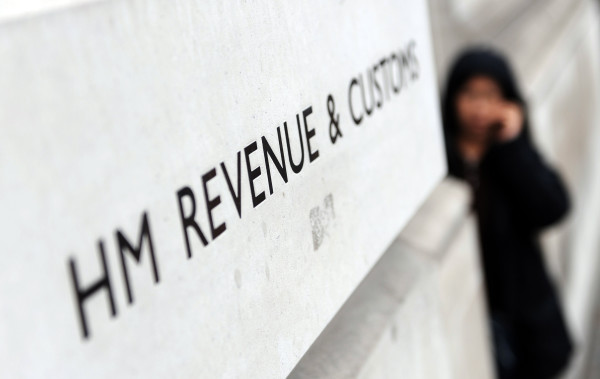

Data from IR35 specialist Qdos, seen by FTAdviser, showed 56 per cent of contractors who had been assessed as inside IR35 by their private sector clients planned to revert back to working outside the scope of the legislation for the next year.
Qdos polled more than 1,000 limited company contractors and found just 17 per cent of those who had been placed inside IR35 by their client planned to remain in line with that assessment.
Meanwhile 56 per cent intended to revert back to outside the IR35 tax bracket and 27 per cent were unsure. Some 40 per cent felt they had been ‘blanket-placed’ inside IR35 with little consideration for individual circumstances.
The off-payroll working rules — commonly known as IR35 — determine if a contractor pays tax as a self-employed individual or as an employee.
The rules were meant to be extended from the public to the private sector on April 6 this year but the changes have been delayed until 2021 due to the coronavirus crisis.

Qdos chief executive Seb Maley said: “Thousands of contractors have had no choice but to work inside IR35 and therefore do not trust the accuracy of their client’s decision, which determines if they pay tax as a self-employed individual or as an employee.
“To make matters worse, these contractors — a huge portion of whom are genuinely self-employed — do not receive any employment rights despite being classed as an employee for tax purposes.
“Those who feel they have been unfairly assessed or contractors who have had no choice but to work through an umbrella company or as an employee to keep their client now want to revert back outside IR35 — and I don’t blame them.”
IR35, which was introduced in 2000, is an anti tax avoidance rule that applies to all contractors and freelancers who do not fall under HM Revenue & Customs’ definition of being self-employed.
From April 2021, every medium and large private sector business in the UK will become responsible for setting the tax status – or IR35 – of any contract worker they use, as is already the case in the public sector.
Businesses and contractors have fiercely opposed the changes to the rules, arguing they would increase a business’ contractor costs by up to 14 per cent and would limit the tax freedom currently enjoyed by the self-employed.
Tax experts have predicted IR35 could reduce a worker’s net income by up to 25 per cent, costing the typical limited company contractor thousands of pounds in additional income tax and NICs.
On Monday a damning report from a Lords select committee urged the government to “completely rethink” its controversial changes to IR35 after it found the rules to be a great burden on businesses and unfair on contractors.
Senior tax partner at RSM George Bull — who argued a tax reform was ‘required’ for the country’s economic recovery post-coronavirus — said IR35 was an example of a tax change which had been rushed through with inadequate attention to how it would work in practice.
imogen.tew@ft.com
What do you think about the issues raised by this story? Email us on fa.letters@ft.com to let us know.



